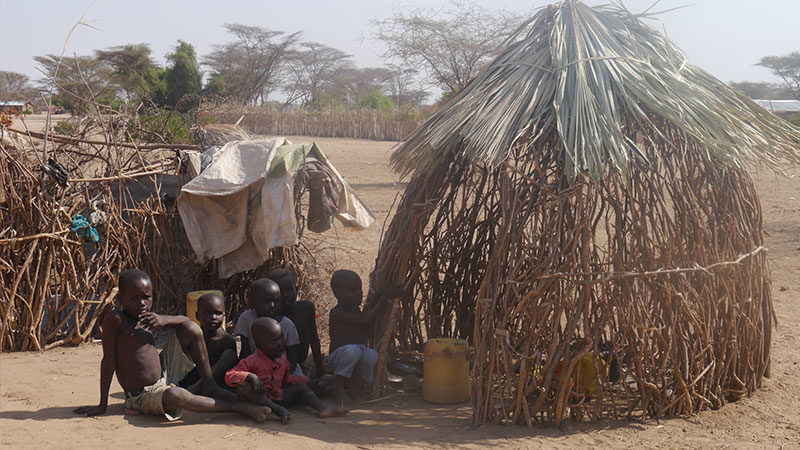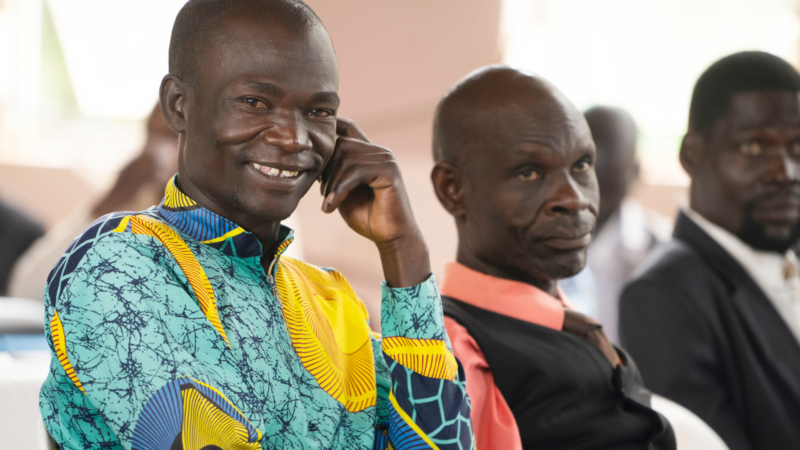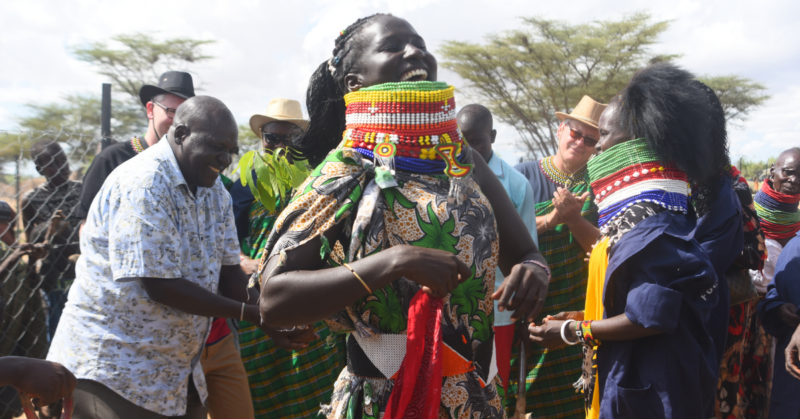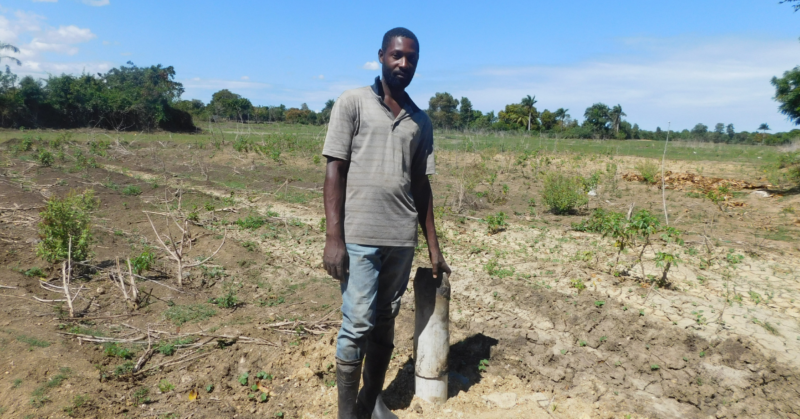Rolling down the cereal aisle at my local grocery store, I had a kid in the cart, one riding on the side and another browsing the shelves trying to convince me to buy chocolate puffs. As I stepped back to view the options, I saw row upon row of choices…nearly half an aisle dedicated just to boxed breakfast items. And while I felt incredibly grateful to live in a place with such convenience and be in a position where I know food will always be on the table for my children, my heart sank remembering life looks very different for other parents around the world.
Mothers in Kenya are experiencing dire hardship right now, with many walking long distances to source water and wondering where their next meal will come from or how they will afford to keep their children in school.
On February 10, the Kenyan government declared a national drought emergency.
About 200,000 people are in urgent need of food in Turkana County, one of the counties where Bright Hope works.
Over a million Kenyans do not have access to enough food in about half of Kenya’s counties.
Turkana is one of the places most impacted by the drought. Located in northwest Kenya, nestled into the borders of Uganda and South Sudan, it is a dry, remote place where most of the locals have subsisted for generations tending livestock as pastoralists. But the severe shortage of rain has caused their livelihoods and income to dry up.
Many areas in the region impacted by the current drought, including Turkana, also experienced drought in previous years. Severe lack of rainfall has lowered crop production, killed livestock, caused severe malnutrition, forced people to travel long distances to collect water, kept children out of school and taken lives. Some have migrated to neighboring countries in search of food, water and habitable pastureland, while others have chosen to stay and even scavenge for wild fruit to survive.
Thankfully the Kenyan government and aid organizations are providing some immediate, life-saving relief, and there are possibilities for long-term solutions.
John, a resident in Turkana county and the lead elder in the village of Kangatosa, explains that food distributions may temporarily alleviate hunger, but more sustainable solutions are also needed. “We need water so that we can be able to do farming,” he said. “With water here, we can practice farming and sell some of the farm produce to get money for other needs.”
Agriculture is a solution that would enable residents to grow their own food, better support themselves and have the means to keep their children in school.
In Turkana, Bright Hope partners with local churches in the areas of Lokichar, Lodwar and Kakuma. We’re currently distributing relief food aid to help in this crisis, but we’re also in the process of establishing a farm with our partner church—complete with water access and an irrigation system—where families in the community will be able to grow crops they can use to feed their families, and, if there’s a surplus, sell for a profit.
These programs not only share the love of Christ in practical ways but empower those living in extreme difficulty to expand their livelihoods and Hope for the future.





